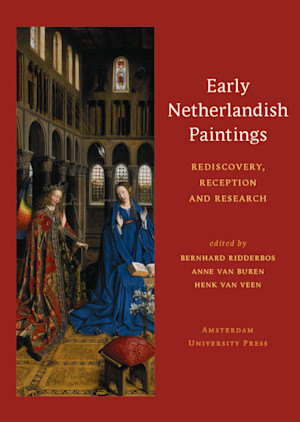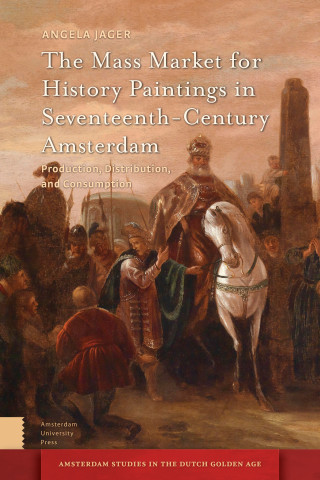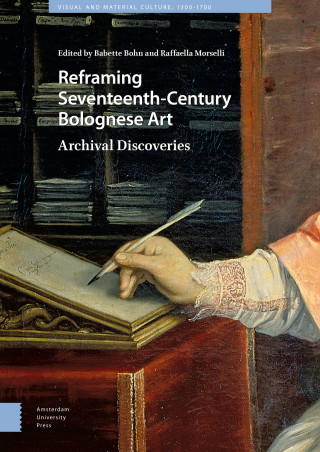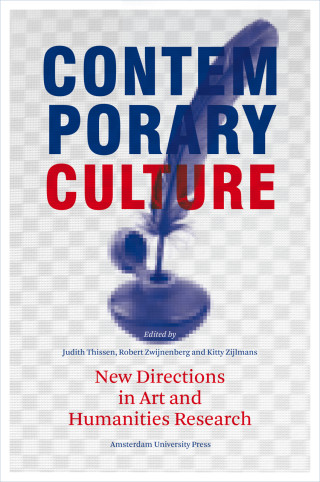
From 1st October, English-language AUP books will be published by Taylor & Francis. More details: AUP and Taylor & Francis Partner on English-Language Book Programme
Early Netherlandish Paintings
Rediscovery, Reception and Research
The so-called Flemish Primitives, a group of 15th-century painters from the Burgundian Netherlands, acquired their name in the 19th century. Among them were world-famous artists such as Rogier van der Weyden, Hans Memling, the brothers Van Eyck, and Hugo van der Goes. Their masterpieces, oil paintings minutely detailed in luminous colour, are a high point of Western European art, which, together with the Italian Renaissance paintings, laid foundations for modern art. This scholarly in-depth analysis focuses on the artistic, religious and social significance of their art, as well as how the paintings themselves were collected, evaluated and studied over the centuries.
Authors
- Title
- Early Netherlandish Paintings
- Subtitle
- Rediscovery, Reception and Research
- Authors
- Bernhard Ridderbos
- Bernhard Ridderbos
- Henk van Veen
- Price
- € 107,99
- ISBN
- 9789048505227
- Format
- eBook PDF (Adobe DRM)
- Number of pages
- 481
- Language
- English
- Publication date
- 24 - 12 - 2004
- Dimensions
- 17 x 24 cm
- Discipline
- History, Art History, and Archaeology
Table of Contents - 7
General Introduction - 9
1 Objects and Questions (Bernhard Ridderbos) - 15
2 Collecting Early Netherlandish Paintings in Europe and the United States (Till-Holger Borchert) - 184
3 From Waagen to Friedländer (Bernhard Ridderbos) - 229
4 Realism, Renaissance and Nationalism (Wessel Krul) - 263
5 Technical Examination (Jeltje Dijkstra) - 303
6 The Corpus of Fifteenth-Century Painting in the Southern Netherlands and the Principality of Liège (Henri Pauwels) - 341
7 Patronage (Maximiliaan P.J. Martens) - 356
8 Iconography and Iconology (Craig Harbison) - 389
Notes - 418
Bibliography - 450
Illustration Credits - 480
Index - 486
Reviews and Features
'"the clearly written essays address crucial and current issues", "this is an efficient and essential study that seeks to integrate the form, content, and function of these paintings", "highly recommended"
– American Library Association
"written by a truly all-star cast of authors", "this book is both authoritative and readable, concise yet engaged with the essentials: artists, works, history of interpretation, and current methodologies. It should make for a splendid teaching tool"
– The Art Book
– American Library Association
"written by a truly all-star cast of authors", "this book is both authoritative and readable, concise yet engaged with the essentials: artists, works, history of interpretation, and current methodologies. It should make for a splendid teaching tool"
– The Art Book




